Conservation
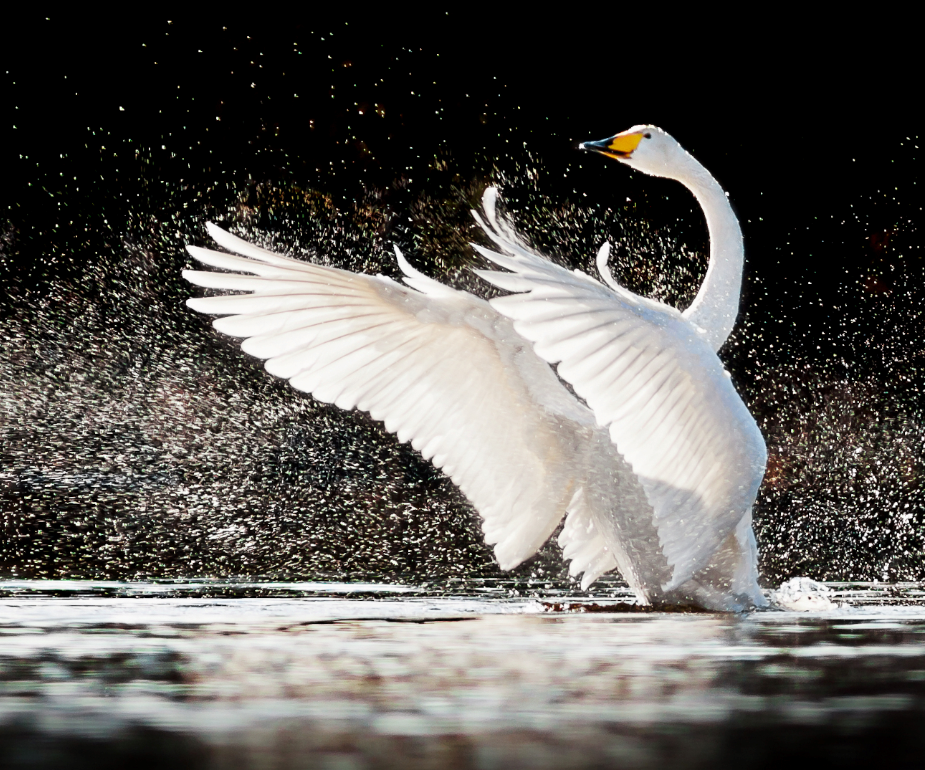
EU countries choose health over poison in historic vote to ban lead shot in wetlands
A huge leap towards ending the suffering of millions of waterbirds from lead poisoning has been taken following a momentous vote to ban lead shot in and around wetlands.
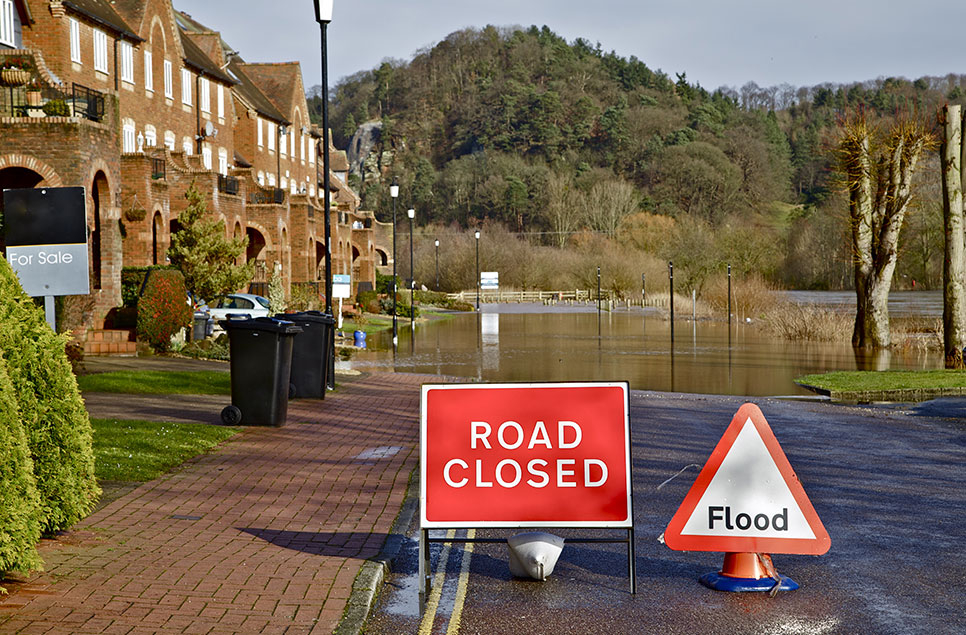
When traditional flood defences are no longer enough: wetlands and flood prevention
Scientists predict that one of the impacts of our climate emergency will be heavier rainfall and greater frequency and strength of storms. Find out how we can use wetlands to help reduce flooding in a sustainable and cost-effective way.
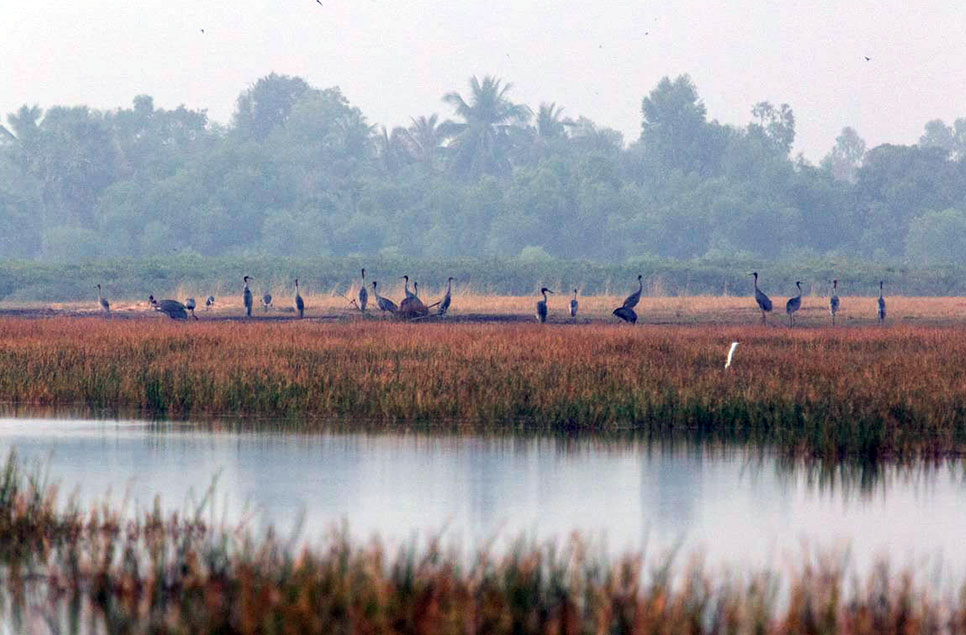
The wetlands protecting Cambodia in times of crisis
We’ve always known wetlands play an important role in many countries in the world, providing food, water and income for the most vulnerable. This was thrown into stark reality for many Cambodian locals during the COVID-19 outbreak.
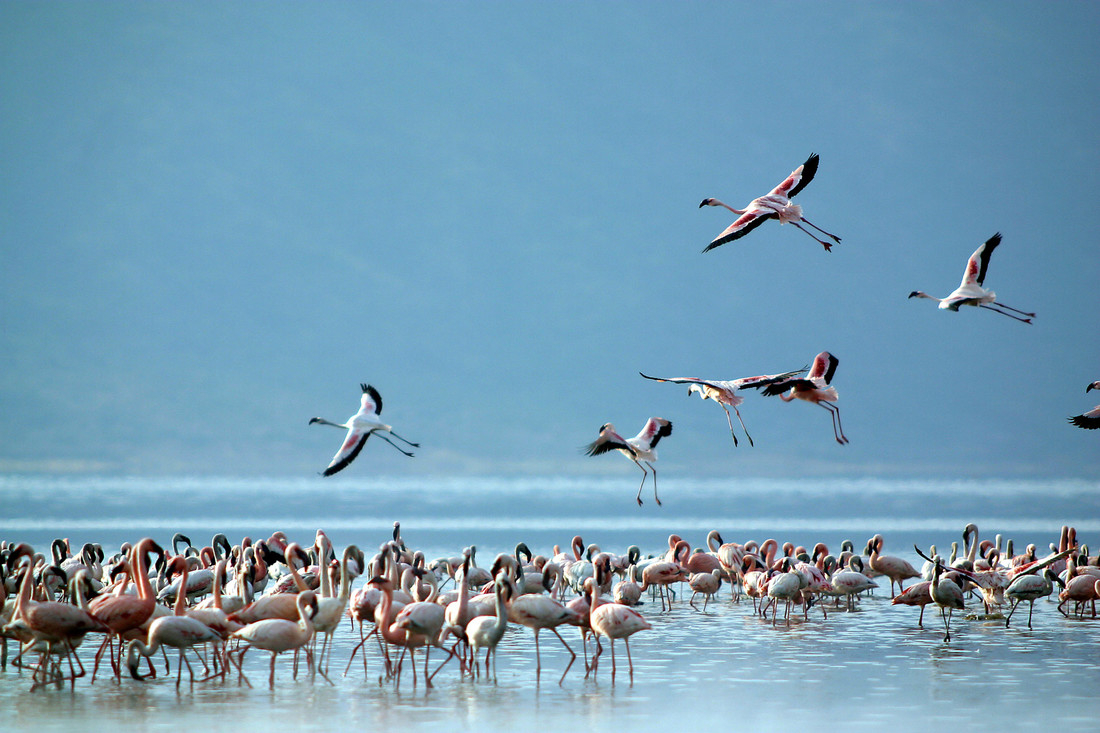
How wetlands can help us and wildlife in hot weather
Every time a heatwave hits, our wetlands become inundated with people and wildlife. Find out more about how wetlands help wildlife deal with extreme hot weather, and how we look after them on our reserves.
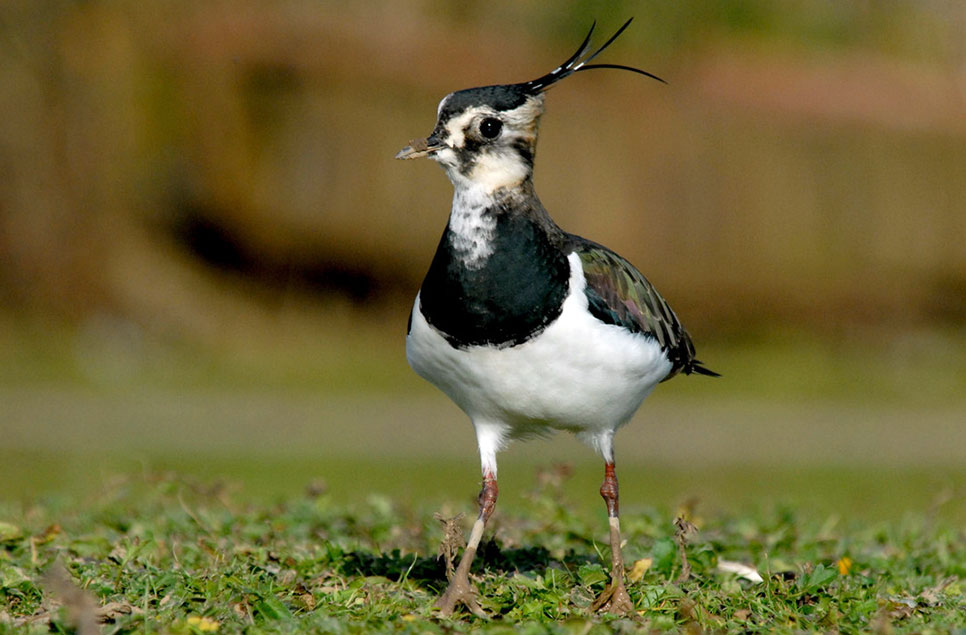
Why are so many wetland species at risk?
When Greta Thunberg says that: ‘Our house is on fire’, it’s a stark warning that we’re in danger of effectively ‘burning the library of life’ – biodiversity. The situation is dire, but there is still hope we can turn it around.
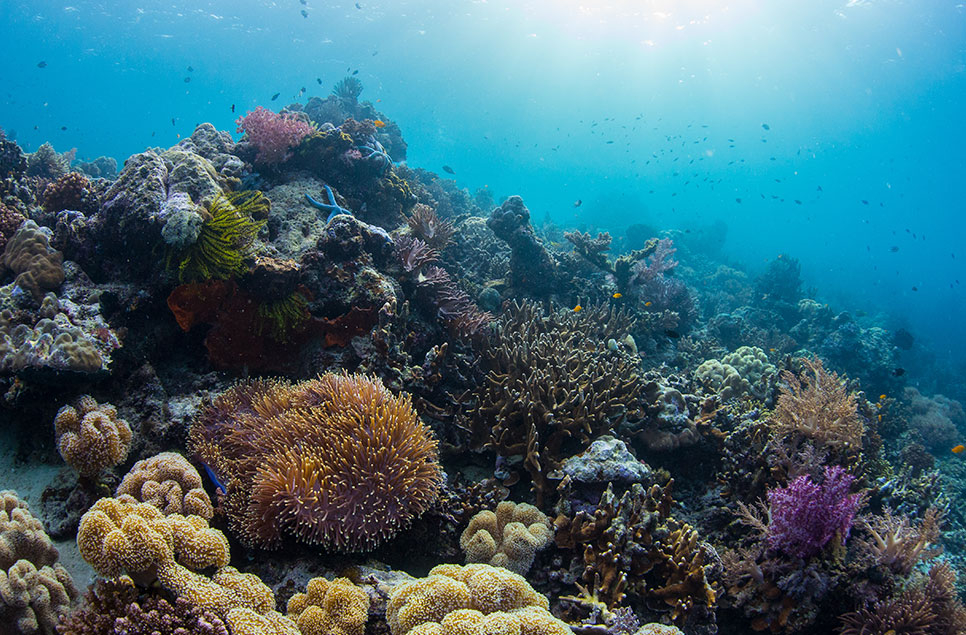
What is biodiversity and why do we need it?
Biodiversity is a measure of how many different forms of life live in an ecosystem - the diversity within species, between species and within ecosystems. Every species of animal and plant depends on the services provided by other species to survive.
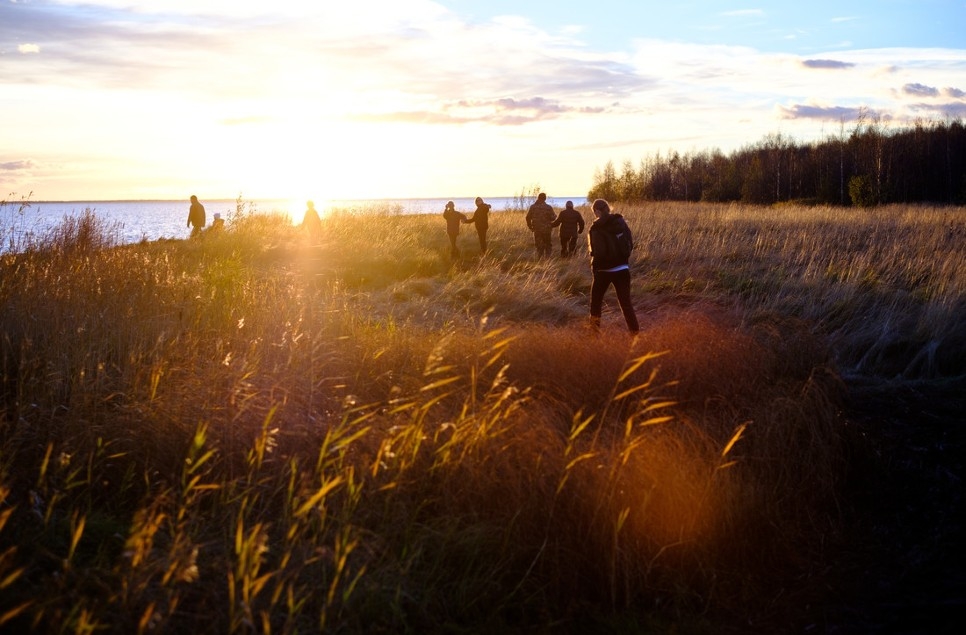
Nature and lockdown: how we can plan a ‘green recovery’ for our health
Many of us have become acutely aware that our connection to wild places and other forms of life is innate and essential to our wellbeing as well as that of the wildlife we love. So how can we make nature and our health our priority?
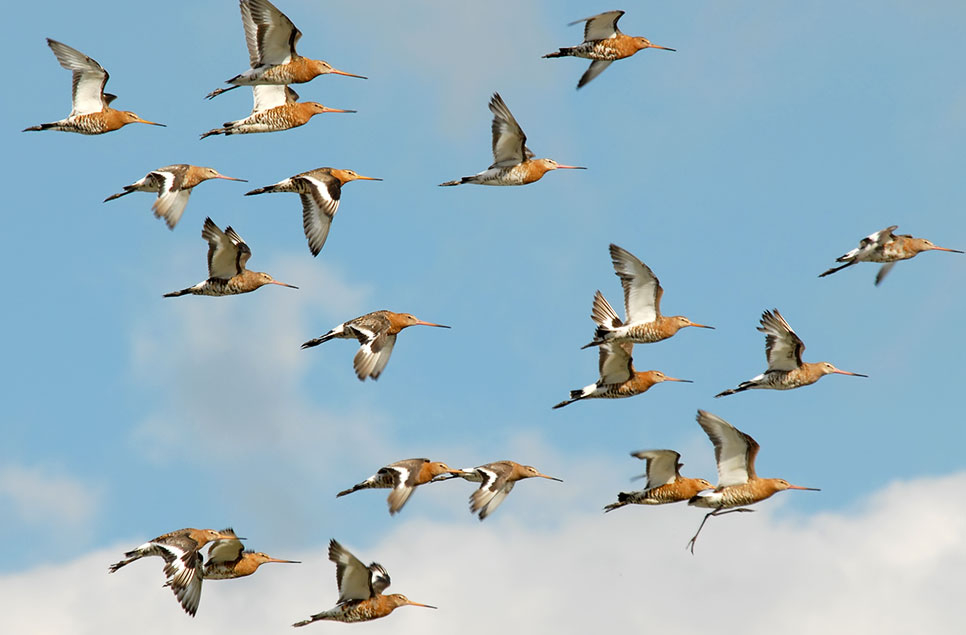
Welcome home! Black-tailed godwits return to WWT Welney
It seems that home really is where the heart is, even if you’re a black-tailed godwit. With good numbers already returning to Project Godwit sites this year, the future looks bright for these iconic waders.
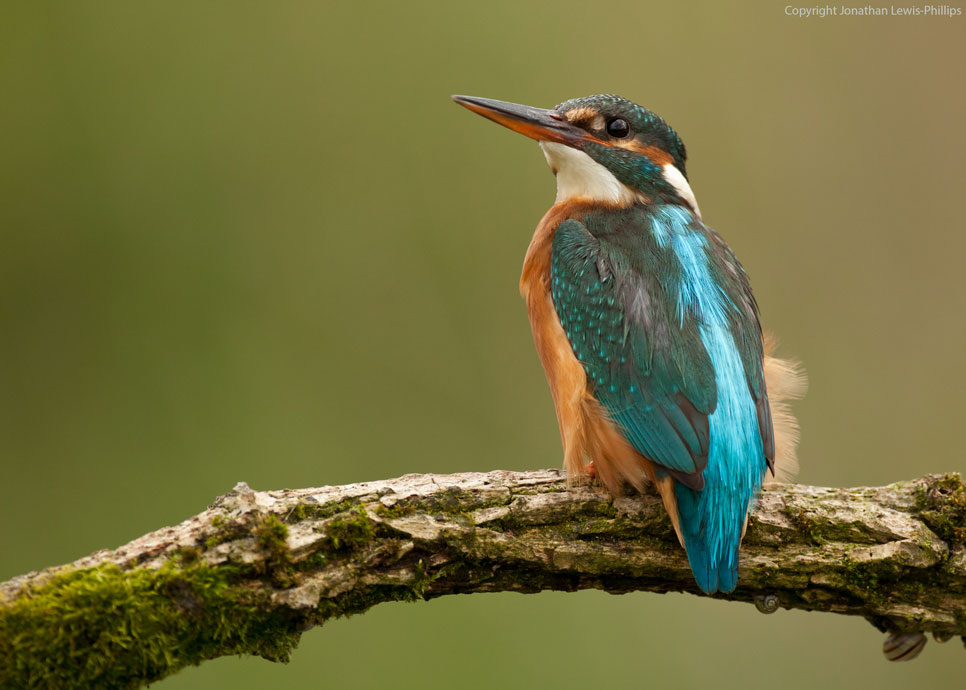
Can a wetland bring a dead lake back to life?
Find out how PhD student Olly Van Biervliet turned a polluted shallow lake into a thriving, healthy ecosystem using a constructed wetland for wastewater treatment. It now boasts a vast and growing range of biodiversity.
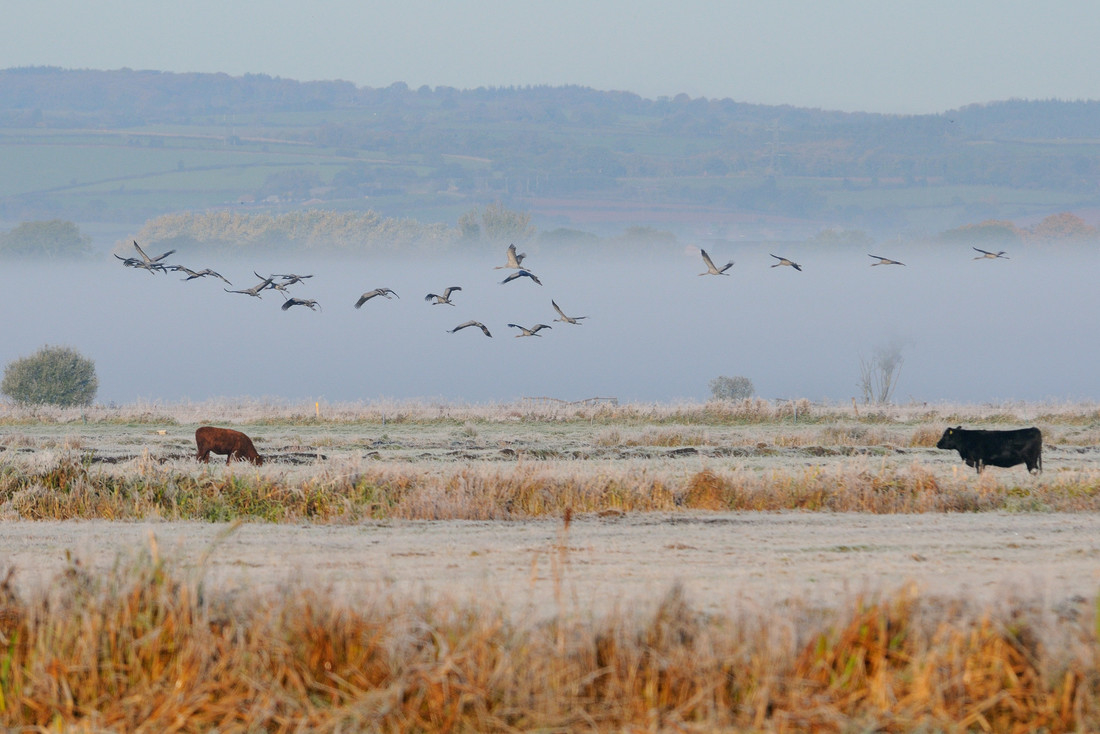
UK crane population reaches its highest level for over 400 years
Crane numbers are a 400-year high thanks to to a conservation partership between charities.
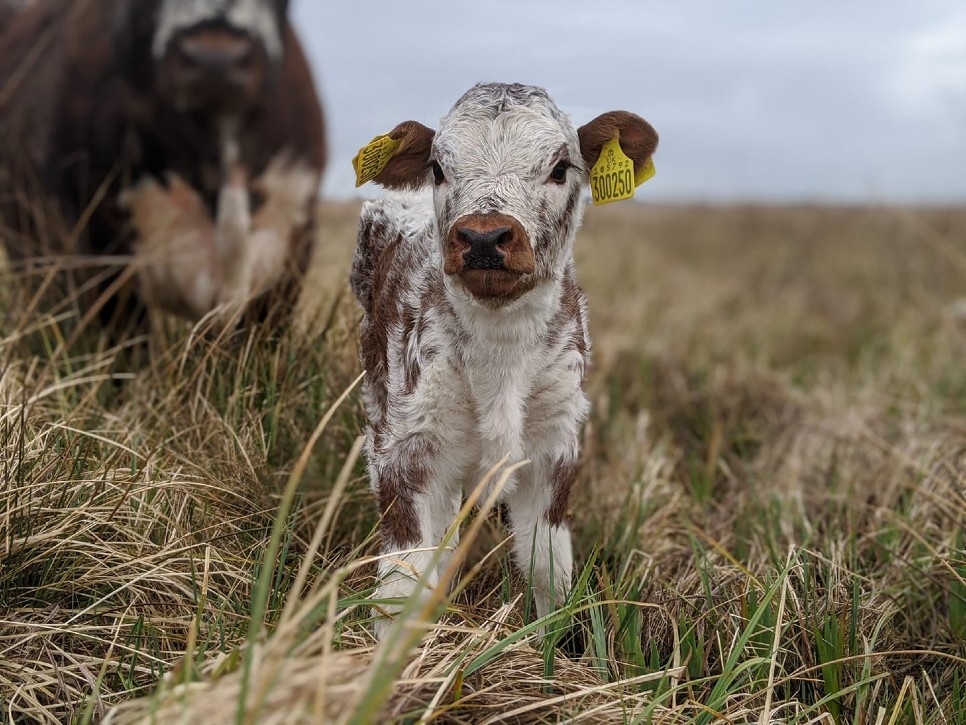
Wildlife on Lockdown: keeping WWT nature reserves going
Even though business as usual has ground to a halt, spring wildlife across our sites is in full swing. Emma Hutchins, our Head of Reserves, shares the challenges of continuing under lockdown conditions.
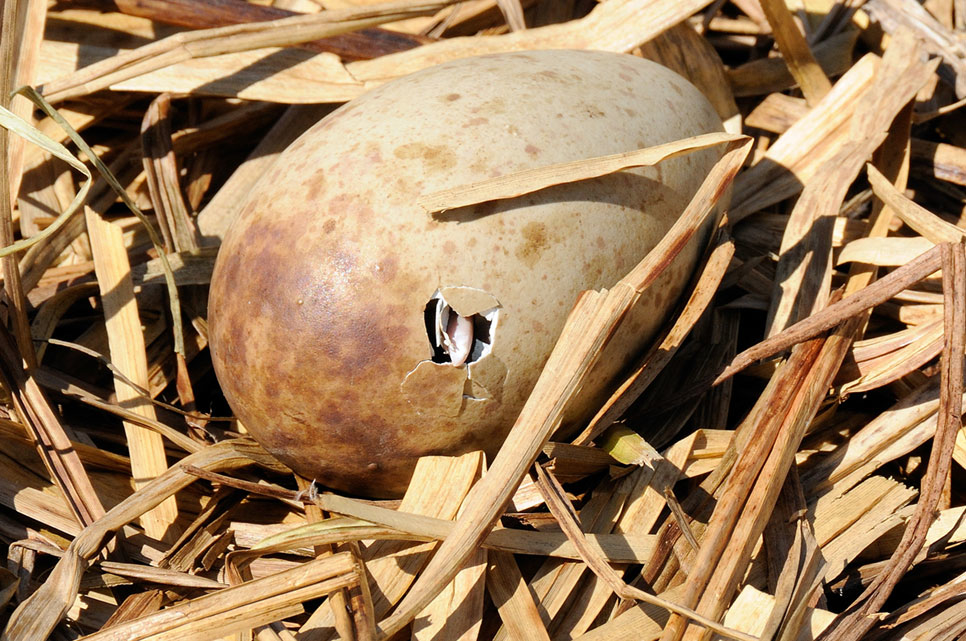
From egg to chick: how we hatch eggs for our conservation breeding programmes
Despite the current conditions, we still need to look after our endangered birds. Our aviculturists are experts at turning an egg into a fluffy new chick or duck, and they've shared their knowledge of how they hatch eggs for our breeding programmes.
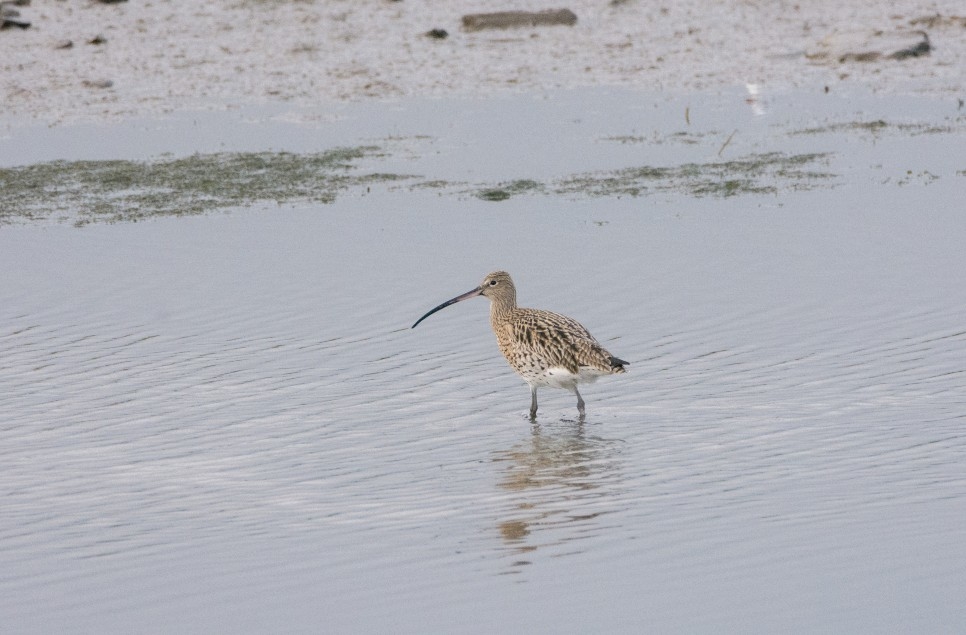
Endangered wetland species that still need our help
We’re passionate about protecting the wetlands habitats of some the most endangered species on the planet. Discover which species they are and why they seriously need our help.
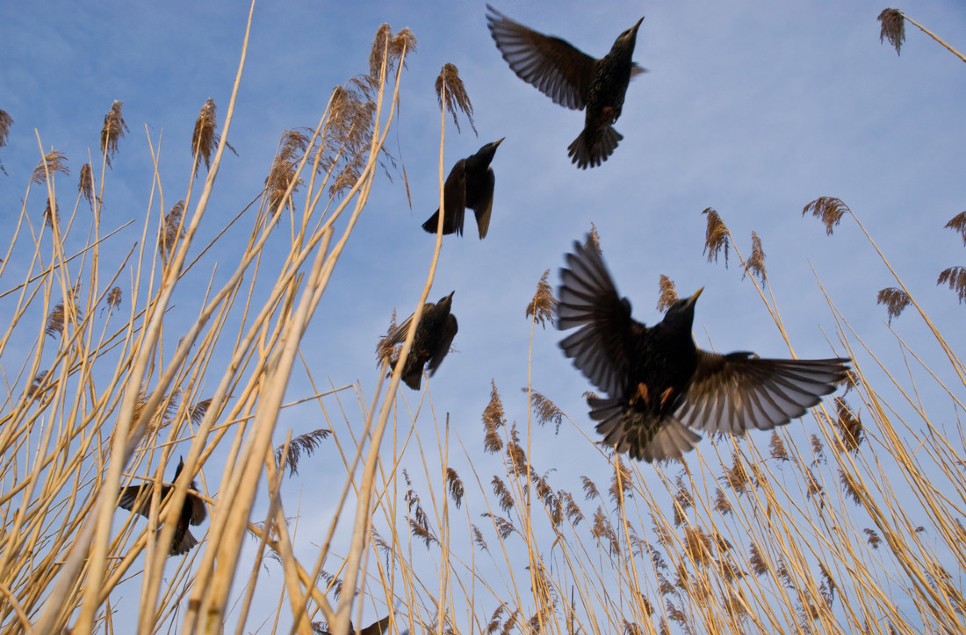
If we want to bring back farmland birds, restore a farmland pond, new research shows
Researchers have shown that restored farmland ponds contained twice as many bird species and almost three times as many birds, compared to neighbouring unmanaged and overgrown ponds.
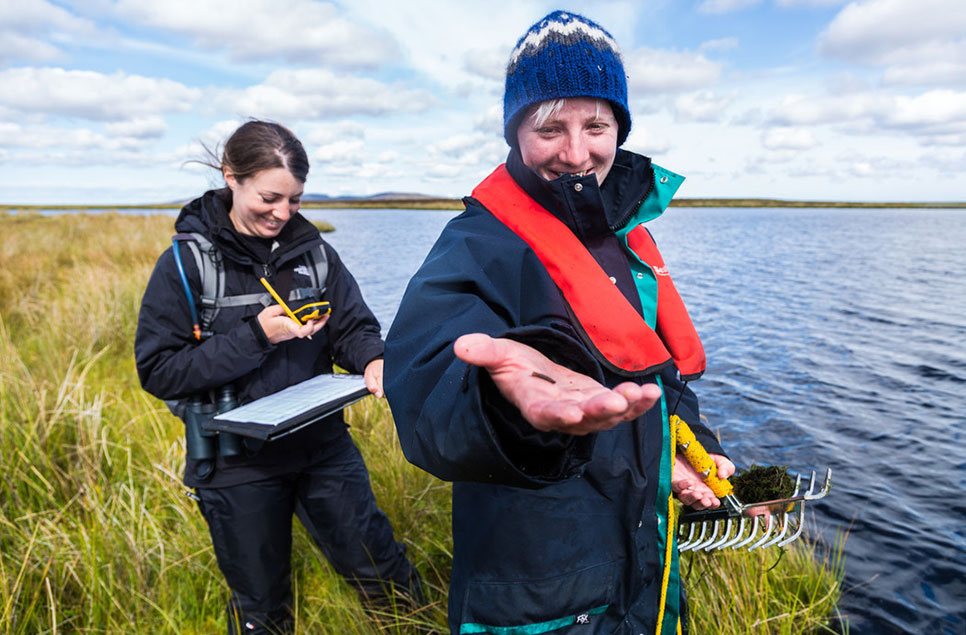
'I would love more people to see the amazing world below the surface of wetlands' - My Wild Life with Dr Hannah Robson
Dr Hannah Robson, WWT's Wetland Science Manager, talks catching ducks in your pants, why she loves invertebrates and studying poo in the name of scientific research.